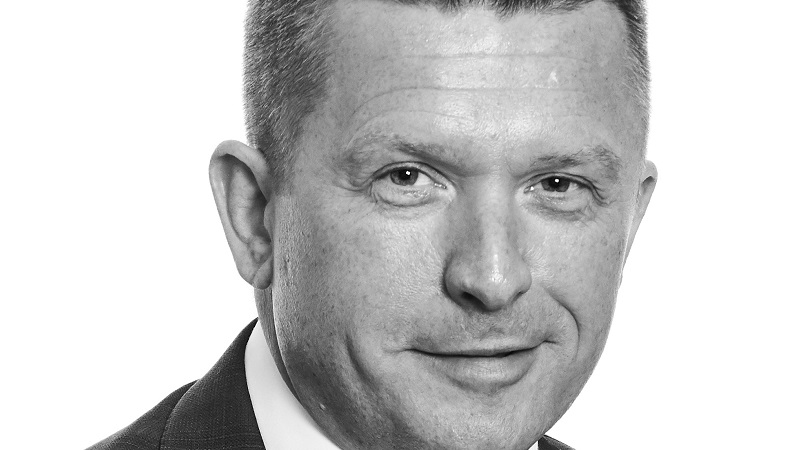Seven Investment Management (7IM) saw costs increase 15% in 2018 on the back of higher staff costs, including redundancy payouts, following its acquisition of Edinburgh manager Tcam.
The wealth manager’s full results published on Wednesday revealed overall costs increased to £33.1m, up from £29.9m in 2017.
Payroll costs increased to £16.8m up from £14.9m. This included a £14.6m bill for wages and salaries which included £368,000 redundancy costs after the purchase of Tcam.
The Tcam acquisition completed in July 2018 with the majority of assets and clients moving over in December 2018.
The highest paid member of 7IM senior management received £374,000 in 2018, up from £356,000 in 2017.
The firm lost several high-profile staff members during the year. In October 2018 Martin Surguy replaced interim CIO Ian Jensen-Humphreys, who had stepped into the position in November 2017 after Chris Darbyshire left over “strategic differences”.
In November 2018, head of strategy David Carroll, another of the original seven founding partners of the business, left to pursue other opportunities.
A filing from Companies House earlier this year revealed senior investment manager Damian Barry was no longer with the firm as of 30 January 2019. In the same month it was revealed that investment trust specialist Simon Moore had departed after two years.
As previously reported, the firm boosted its assets under management by 7% during the year, to £13.3bn with the purchase of Tcam adding £1.1bn to the total.
Commenting at the time 7IM chief executive Dean Proctor (pictured) said: “Last year was significant for 7IM with the acquisition and integration of Tcam as well as continued investment in technology, products and people.”
Revenue at the firm grew to £64.5m with investment management contributing £44.3m while the platform added £12.1m, discretionary management accounted for £4.8m and £3.1m came from other products. But profit dipped marginally to £19.3m, from £19.4m in 2017.
Investment management fees increased slightly to £42.7m from £42.6m and the company gained a £1.5m refund from HMRC for errors concerning VAT returns for the four years prior to 2017.
Over the year, 7IM increased the number of investment funds in its stable from 26 to 37. This included 11 investment funds, eight specialist funds, one opportunity fund, six Dublin funds and 11 Tcam investment funds.







